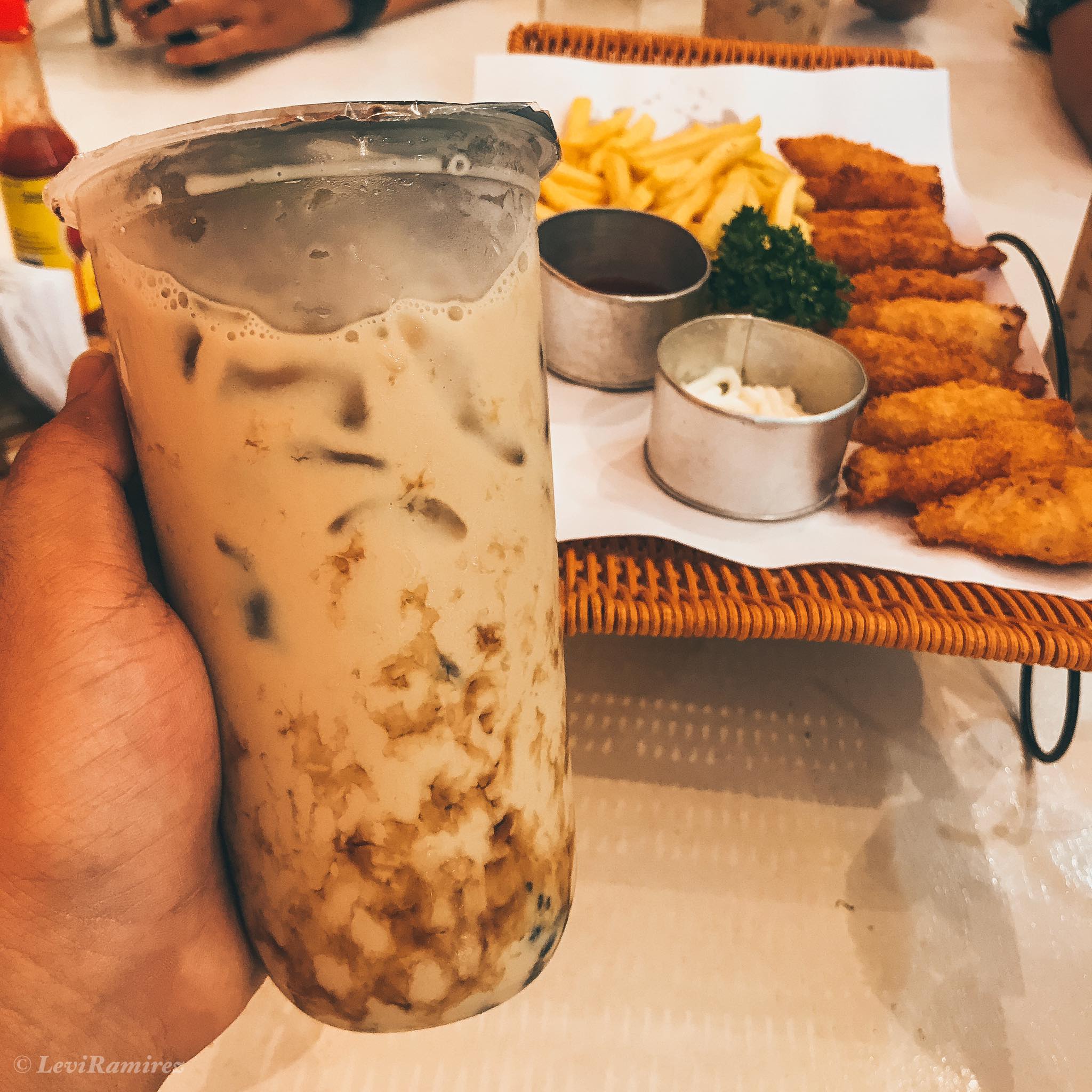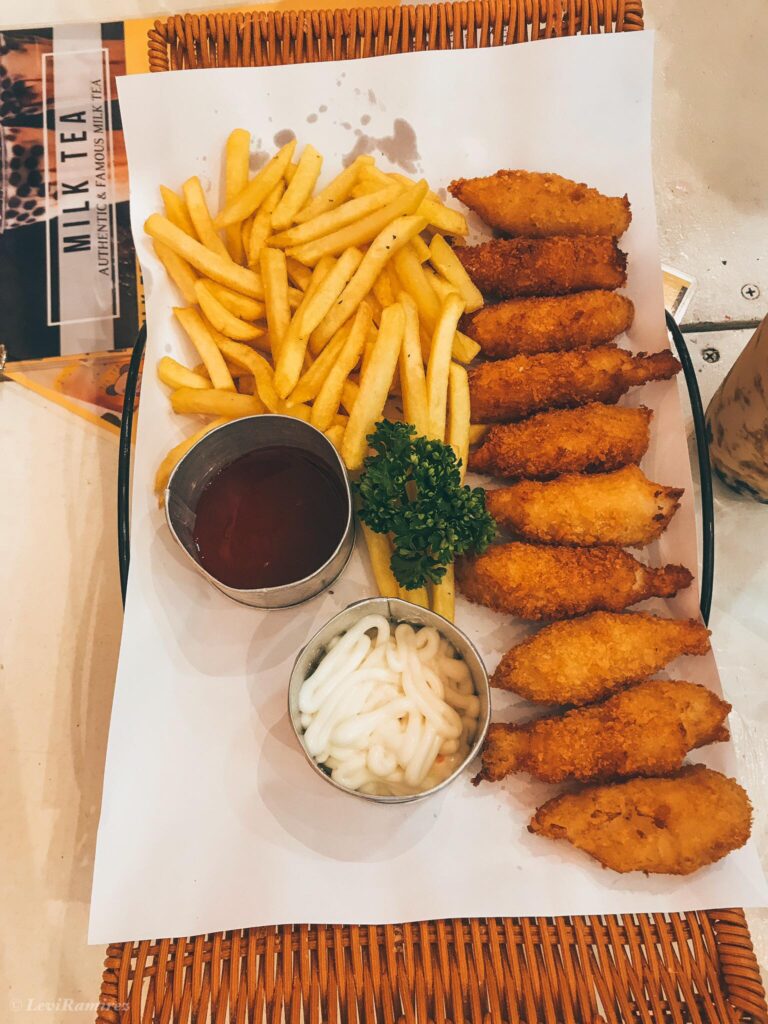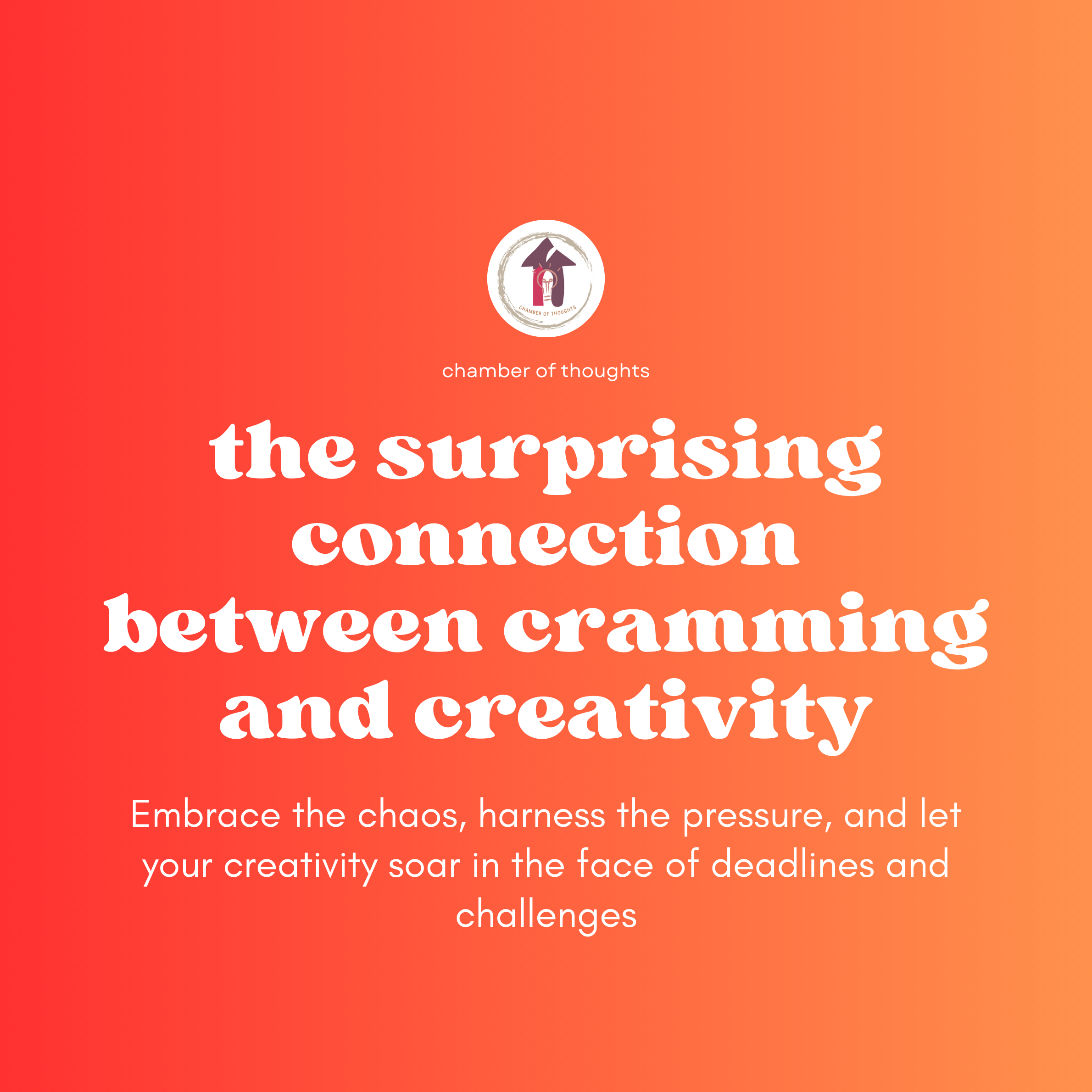I envy those who are more than willing to sacrifice their gastronomic indulgences and trade it for a strict diet and exercise. Those who are on the verge of breaking down due to stress and yet still manage to gather themselves together and set goals for themselves. Those who never see work-related stress as an open door that says stress-eating would be the only way to deal it with.
I, for one, look at stress-eating as a way to get away with stress, especially when times get rough at work where I have so many tasks to accomplish, deadlines to meet, and paperwork to finish. To be quite honest, I do not know the reason why I have emotionally driven eating patterns nor if that can be considered stress-eating already since I haven’t had any check ups with psychiatrists or nutritionists, or whoever that is whose work is focused on this kind of issue. This is for the reason that I don’t think this emotionally driven eating pattern that I have is too much of a concern. As long as it does not affect my work and it does help me with accomplishing tasks, I do not worry myself about it.
Stress-eating is an emotionally driven eating pattern where people engage in gastronomic indulgences to help them with dealing and relieving stressful situations. It could happen when you’re eating due to boredom or after you accomplished a difficult task. It could show itself as eating while working on with an arduous work-related duty or when you’re avoiding dealing with a problem. When you’re eating to comfort yourself and soothe your emotions, you’re in it already.
These past few weeks, I had been seeing a lot of posts from people of different walks of life, who had committed themselves to staying fit, changing their lifestyle, working out to lose weight, and all other stuffs related to becoming better versions of themselves. It interests me when I see either photos of them working out at the gym or stories of their weight loss journey. It makes me envious but not motivated enough to go to extreme measures just to lose weight and stay healthy and fit.
This morning, it took hours before I realized I haven’t had any breakfast. So I made some breakfast and partnered it with my favorite low-acid coffee that I usually have. My goal for this week, if I may say, is to go for no rice diet. I have quit eating rice for more than two weeks now. But this is way more difficult than I thought it would be, especially with my case. I am a teacher, a pandemic teacher. That makes it doubly difficult to get through each working day. This is one of the things that have been very much affected when pandemic started. We had to shift from traditional face to face interactions instant to modular distance learning modality the next. Everyday, we had to check up on each learner through online platforms, check their answer sheets, and monitor their progress while they are at home. This set of teacher’s tasks alone makes it hard to squeeze in some time and allot it for working out or avoid eating -as this seems to be the most effective way to soothe emotional stress.
Is stress-eating really bad for one’s health?
While we think of stress-eating as a pattern of eating to relieve stress alone, we tend to forget that this is different from your usual eating patterns. Never mistake stress-eating for your gastronomic desires or simple cravings. Stress eating is driven by emotions that you wish to soothe and stress that you want to relieve. To make it way simpler, this is different from your usual eating patterns. It does not happen regularly, except when you’re stressed for the longest time and you still haven’t figured out what to do to overcome your life issues.
As mentioned by Emma Green in her post, Stacey Linton, PsyD, agrees that emotional eating may not necessarily be harmful. “An individual who usually has high insight into their emotions, and often utilizes positive coping strategies, may find themselves eating a whole tub of ice cream after a relationship breakdown while watching The Notebook,” she says. “If this is not a usual pattern of behavior, then there are [likely] no long-term negative effects.”
With that being mentioned, there are likely no long-term negative effects when you’re doing stress-eating. This basically helps you with dealing with stressful situations as we all know that it could have been worse when you would not be able to relieve your stress. The only real problem comes in when you limit yourself to just using food as your escape hatch, as a way to comfort your emotions.
Coping with stress through food is not a bad thing at all. As long as you do not do it everyday. Cliché’ as it may seem, everything must be done in moderation. Too much is dangerous for your health. If it happens that it becomes your last resort to cope with stress, that’s when it becomes bad for your health. There are a number of ways to cope with stress apart from your mood-food or stress eating. Explore and discover other things that might help you with relieving stress.
You can also use what you love doing other than feeding your gastronomic desires. You can try, for examples, engaging in creative outlets like painting, drawing, DIY-ing arts and crafts, travelling, and a lot more activities that can help you cope with stressful situations that you are in.
References:
Green, E. (2019, September 13). Why Experts Say Emotional Eating Isn’t Always a ‘Bad’ Thing. Well and Good. https://www.wellandgood.com/emotional-eating/














